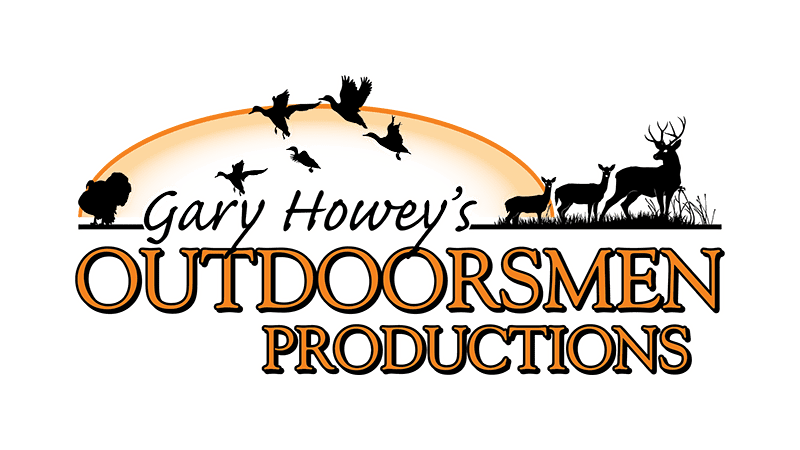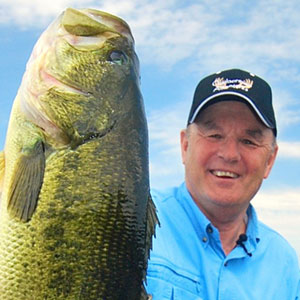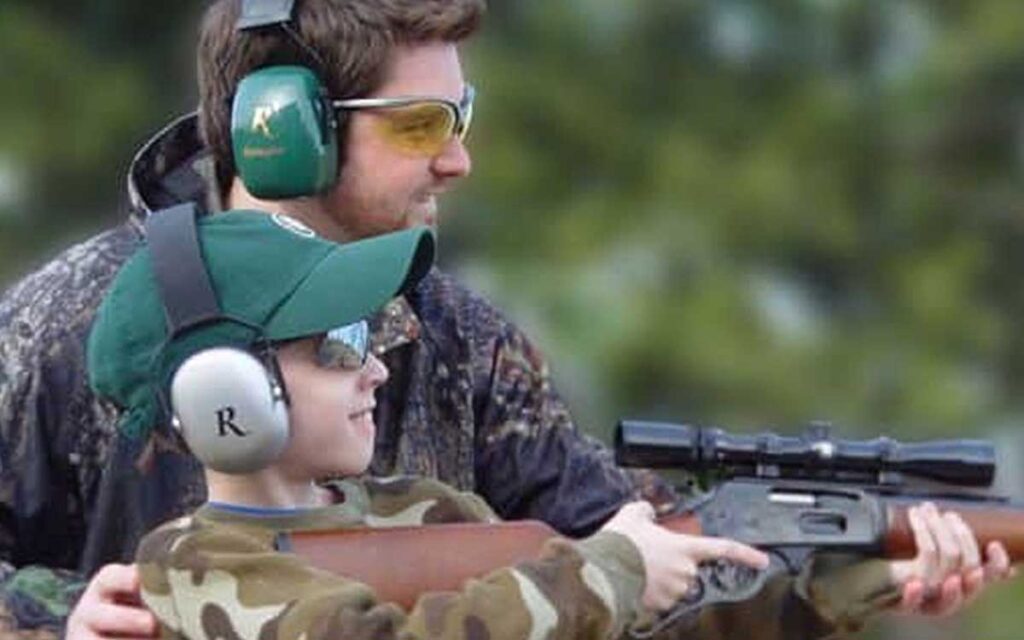If you’re a hunter or shooter like me, or one that’s did a lot of shooting in the military, you probably have some hearing loss.
Hunting and shooting are one of the most popular past-times for men in America.
I served in the Army and the Iowa, and Nebraska National Guards, which included Viet Nam and when I returned to the states, my hearing was shot.
I never wore any hearing protecting no matter what I hunted, pheasants, duck, deer and antelope.
I have tinnitus, a constant buzzing in my ears, which makes it hard to hear, especially someone who’s walking away from me.
Studies have found that 86% of hunters don’t wear hearing protection because it decreases the general hearing experience of the hunt.
Studies have shown that most hunters with hearing loss have shooters ear. You can tell if someone has been shooting because they have more pronounced hearing loss in one ear than the other. The opposite shoulder that you’re shooting from can shield that ear from some of the sound waves, so a hunter will have worse hearing loss in the opposite ear. Many hunters don’t use hearing protection while in the field, The most common complaints about hearing protection, devices are that they don’t allow hunters to hear game, and the devices are uncomfortable.
What’s really alarming is that of the 3,753 study participants (83 percent of whom were eligible), “38 percent of the target shooters and 95 percent of the hunters reported never wearing hearing protection while shooting in the past year.”
Studies have found that 86% of hunters don’t wear hearing protection because it decreases the general hearing experience of the hunt.
A shot from a gun can range from 140 to 190 decibels, with noise above 70 dB over an extended period of time may start to damage your hearing. Loud noise above 120 dB can cause immediate harm to your ears causes immediate damage to your ears.
Shooting any type of firearm without the proper hearing protection can result in severe damage to your hearing, which can be temporary or permanent.
A whisper is about 30 dB, normal conversation is about 60 dB, and a motorcycle engine running is about 95 dB. Noise above 70 dB over a prolonged period of time may start to damage your hearing. Loud noise above 120 dB can cause immediate harm to your ears.
Noises that register at 150 decibels will rupture a human eardrum.
The listing below gives you some information on what several caliber and decimals can cause hearing loss.
22 rifle- 140dB
223, 55 grain, 18″ barrel — 155.5dB
7mm Magnum, 20″ barrel — 157.5dB
9mm — 159.8dB
30-06, 24″ barrel — 158.5dB
30-06, 18″ barrel — 163.2dB
.300 Win Mag, 180 grain — 158.3dB
.338 Win, 210 grain — 157.1dB
20 Gauge, 28″ barrel — 152.5dB.
20 Gauge, 22″ barrel — 154.75dB
12 Gauge, 28″ barrel — 151.5d
Shooting ear protection needs to protect your ears, by that blocking sounds higher than 100 dB. I tested this by wearing the ear pro at the range and while cutting grass with my very-loud mower.
It’s also an excellent idea to wear protective shooting glasses, with the yellow lenses, allowing the hunter to pick up game quickly.




0 Comments